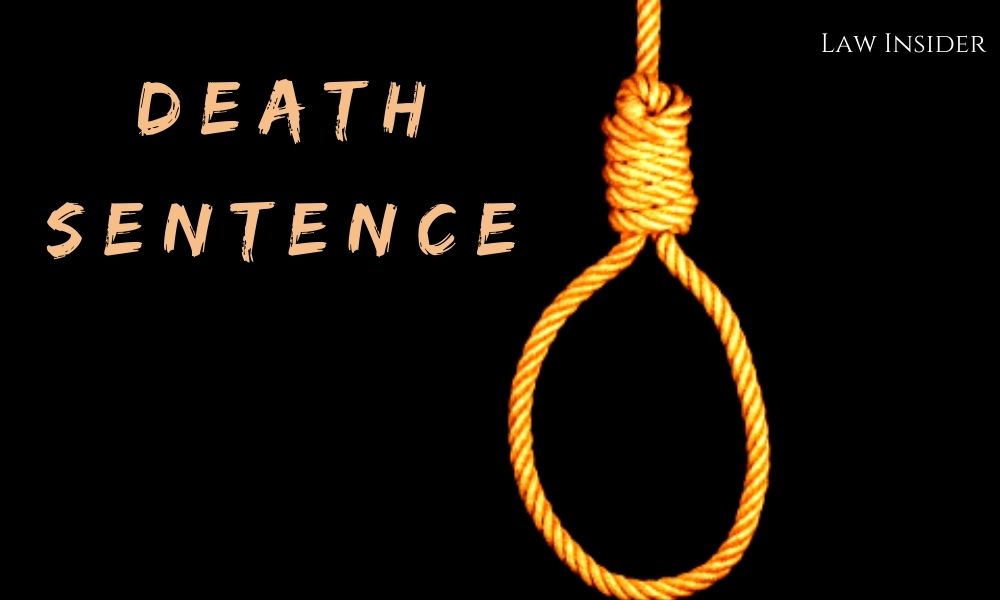Anurupa pal
Published On: March 3, 2022 at 11:21 IST
The Bench headed by Justice UU Lalit made a Landmark Ruling on the Death Sentences after four decades and has made a Psychological Evaluation of the Condemned Prisoner Mandatory.
The measure was adopted by the Bench, headed by Justice Uday U Lalit which took recourse to the spirit of the Supreme Court’s verdict in Bachan Singh vs State of Punjab (1980).
This verdict followed the Doctrine of “Rarest of Rare” Crime in handing down Capital Punishment while mandating a comparative analysis of aggravating and mitigating circumstances in connection to the accused.
“In terms of Law laid down by the Constitution Bench of this Court in Bachan Singh, Relevant Material touching upon the issues concerning mitigating factors ought to have been produced on record…” the Judge stated in several of his orders.
The set of Four Directives included seeking the report from the Probation Officer about the Psychological behaviour of the accused and his behaviour during the course of the same, the Bench said “We direct that the report of the jail administration about the nature of the work done by petitioner in jail be placed before us before the next date of hearing,”
In 2014, the Supreme Court of India ruled that unexplained delay in execution of the death penalty was a ground for an offence.
It also said, “Prolonging the Execution of the Death Sentence has a “Dehumanising Effect” on condemned prisoners who have to face the agony of waiting for years under the shadow of death during the trial of their mercy plea. A subsequent delay would certainly have an agonising effect on their body and mind .
In the same year, a Constitution bench also held that a Review Petition by a death-row convict will be heard by a three-judge bench in open Court. Earlier such cases were being considered by two-judge benches in the judges’ chamber without any oral arguments.
Project 39A is a Criminal Justice Research and Legal Aid Program at the university that has worked extensively in death penalty cases.
“The Enormity of the task before the Supreme Court is captured by the fact that Trial Courts in India have already sentenced more than 50 people to death in 2022 and often in violation of procedural and substantive laws. It is not going to be easy for the Supreme Court to bring about a balance of fairness and consistency in death penalty sentencing across courts in India but the fact that the court has chosen to address it head-on is certainly noteworthy and worthy of our appreciation,”
Surendranath, Executive director, Project 39A , National Law University, Delhi.

